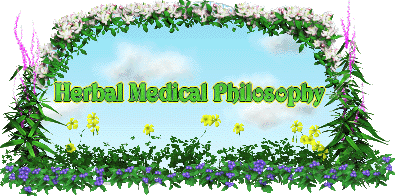


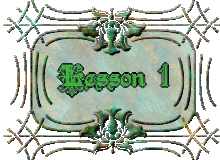

Knowledge Regarding the Medicinal Effects of Plants; Primitive Humankind's Instinctual Knowledge of Plants; Teachings and Practices of Traditional Medicine in Relation to Modern-Day Medicine; The Role of the Herbal Practitioner.

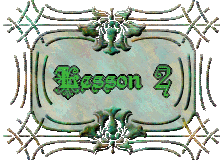

Conditions of Health Versus Disease; The Expression of Disease; Disease Classifications; Hermetic Diseases.

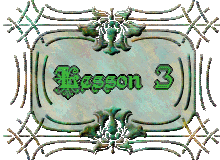

Basic Theories Underlying Various Medical Systems; Physiological Activity of the Vital Force; Confusing Association Between the Vital Force and the "Soul"; Formation and Functions of the Vital Force; Chemical Elements; The Ability of the Vital Force to Sustain and Protect the Physical Body; The Vital Force's Utilization of Essential Nutrients in the Bloodstream for the Proper Maintenance of Health and Vitality; Herbs that Strengthen and Enhance the Vital Force; The Central Nervous System in Relation to the Vital Force.

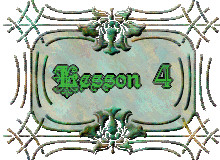

Origin of Primary Manifestations (Symptoms); Basic Principles of Herbalism; Functional Interdependence of the Organism; Definition and Function of Pathology; Basic Functions of the Human Organism and Their Corresponding Life Principles; The Method of Diagnosis; Acute and Chronic Disease-Conditions; Bodily Temperature during Disease-States; Bioclimatology and its Rhythms.

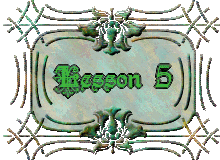

Definition and Types of Fever; Underlying Causes of Fever; Methods to Assist the Body's Healing Processes; Standard Herbal Techniques for Feverish Conditions; Acidity and Toxemia (Chronic Toxicity); Function and Types of Urine; Function of the Skin; Effects and Types of Perspiration (Sweating); Importance of the Nervous System.

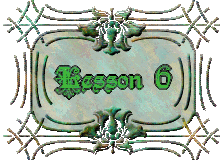

The Herbal System of Medication; The Administration of MineralSubstances; The Theory of Disease and its Cure; Contrary Elements and Violation of the Laws of Nature; Antagonizing the Force of Disease; The Geographical Distribution of Plants; Ratio of Quality; Instinctual Adaptations in the Restoration of Health; Innate Nature of Plants; Causes that Influence the Growth and Development of Plants; Doctrine of Signatures; Fragrances Associated with Various Physiological or Medicinal Uses; Affinity Between the Herbal and Animal Kingdoms; Time-Period of Rest for Plants (Floral Clock); The Habits and Characteristics of Plants.

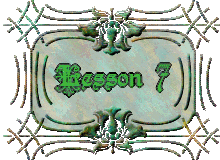

General and Physical Diagnoses; Examination Techniques; Shape of the Face; The Eyes; The Eyebrows; The Nose; The Mouth; The Lips; The Teeth; The Tongue; The Ears; Facial Color; The Hands; The Fingers; The Nails; The Feet; The Hair; The Urine; Feces; Body Heat and Body Odor; Voice; Miscellaneous; Palpitation; Percussion; Auscultation.

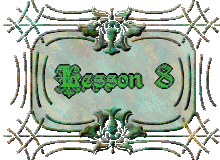

Comprehensive Definitions of Botanical and Medicinal Terms.

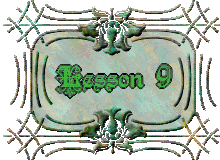

Comprehensive Definitions of Botanical and Medicinal Terms.

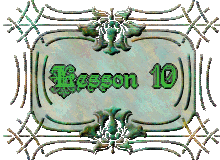

Comprehensive Definitions of Botanical and Medicinal Terms.
